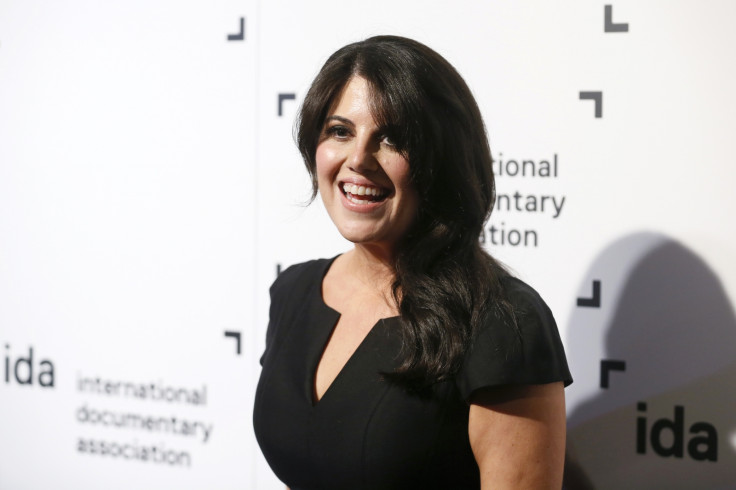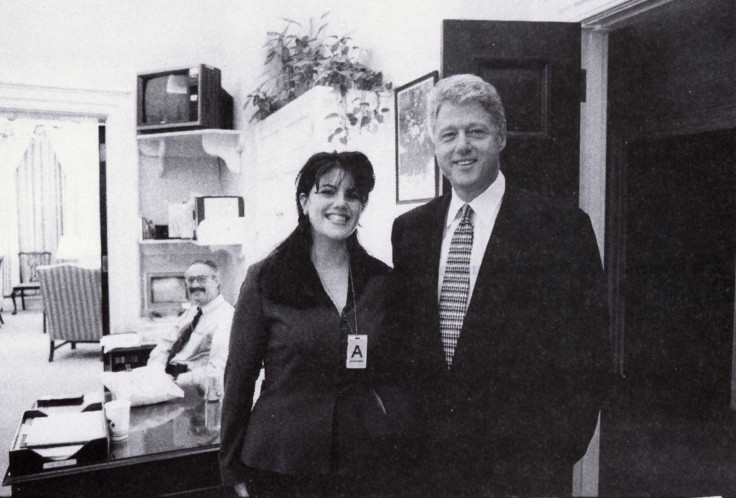Monica Lewinsky says 'shame sticks to you like tar'

Monica Lewinsky spent a decade of her life in obscurity following the lurid revelations of her affair with Bill Clinton in the 1990s. It was the story that shocked America and the world over: an intern at the White House having sexual relations with the President of the United States of America. It was media gold.
And it was the first story of its kind to usurp the traditional forms of media, as it went viral across the world. As a result, Lewinsky was quickly vilified on a scale not seen before. She was berated as a slut and a whore. All the while from her perspective, she was just a young woman who had fallen in love with her boss.

"Overnight, I went from being a completely private figure to a publicly humiliated one worldwide," she said at a Ted talk. "Granted, it was before social media, but people could still comment online, email stories, and, of course, email cruel jokes. I was branded as a tramp, tart, slut, whore, bimbo, and, of course, 'that woman'. It was easy to forget that 'that woman' was dimensional, had a soul, and was once unbroken."
She described life was "almost unbearable" and the public humiliation "excruciating" when audio tapes were broadcast on TV. Lewinsky had not realised she was part of a FBI sting, led by Linda Tripp, her work colleague, who had recorded hours of their conversation where she admits to having an affair with the president.
"I felt like every layer of my skin and my identity were ripped off of me in '98 and '99," she told The Guardian. "It's a skinning of sorts. You feel incredibly raw and frightened. But I also feel like the shame sticks to you like tar."
She asserted it was a 'mutual relationship' and not just a story about 'oral sex' when asked by a member of an audience how she felt about being America's premier blowjob queen, in the 2002 HBO documentary, Monica In Black And White.
Lewinsky struggled for years as the stigma of the affair was seen as a deterrent to her to find employment despite being well-qualified. But she resolved in the end that instead of shying away from her past, to use it as a tool to help others overcome online abuse, and is now an anti-bullying advocate who gives talks to organisations including Facebook and anti-bullying organisations, such as a Bystander Revolution.
"To be able to give a purpose to my past, if I'm stuck with my past, feels meaningful to me," she told the newspaper. "Her number one piece of advice: Integrate what has happened to you. Integrate the experience, the faster the better."
She is often approached by online bullying victims either on the subway or in a coffee shop or dinner parties. "Sometimes they'll say, 'I went through this, but it's nothing like what you went through',", she said. "But I tell them that, if I drown in 60ft of water and you drown in 30ft, we both still drowned. You either know what it's like to be publicly shamed or you don't."
© Copyright IBTimes 2025. All rights reserved.




















